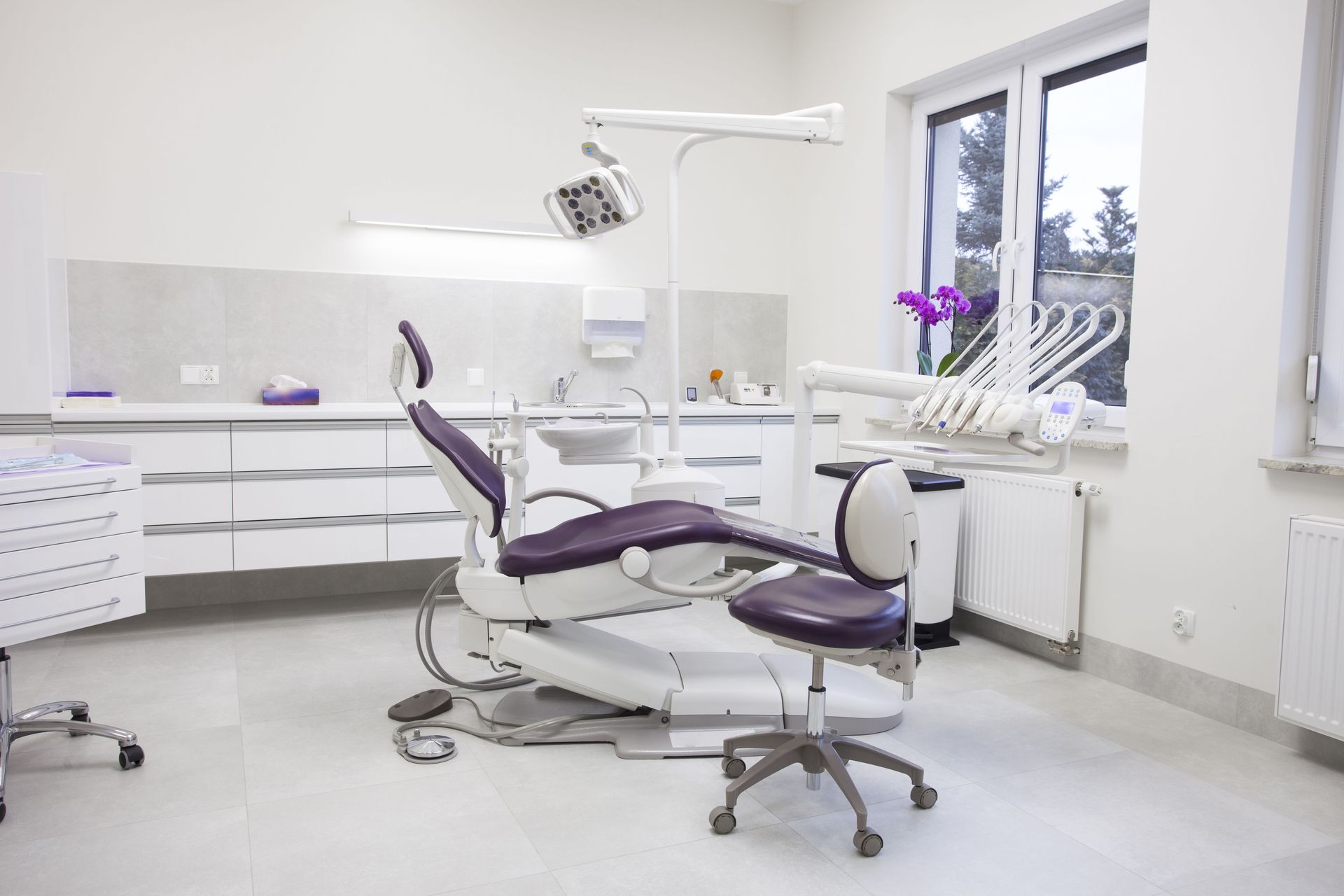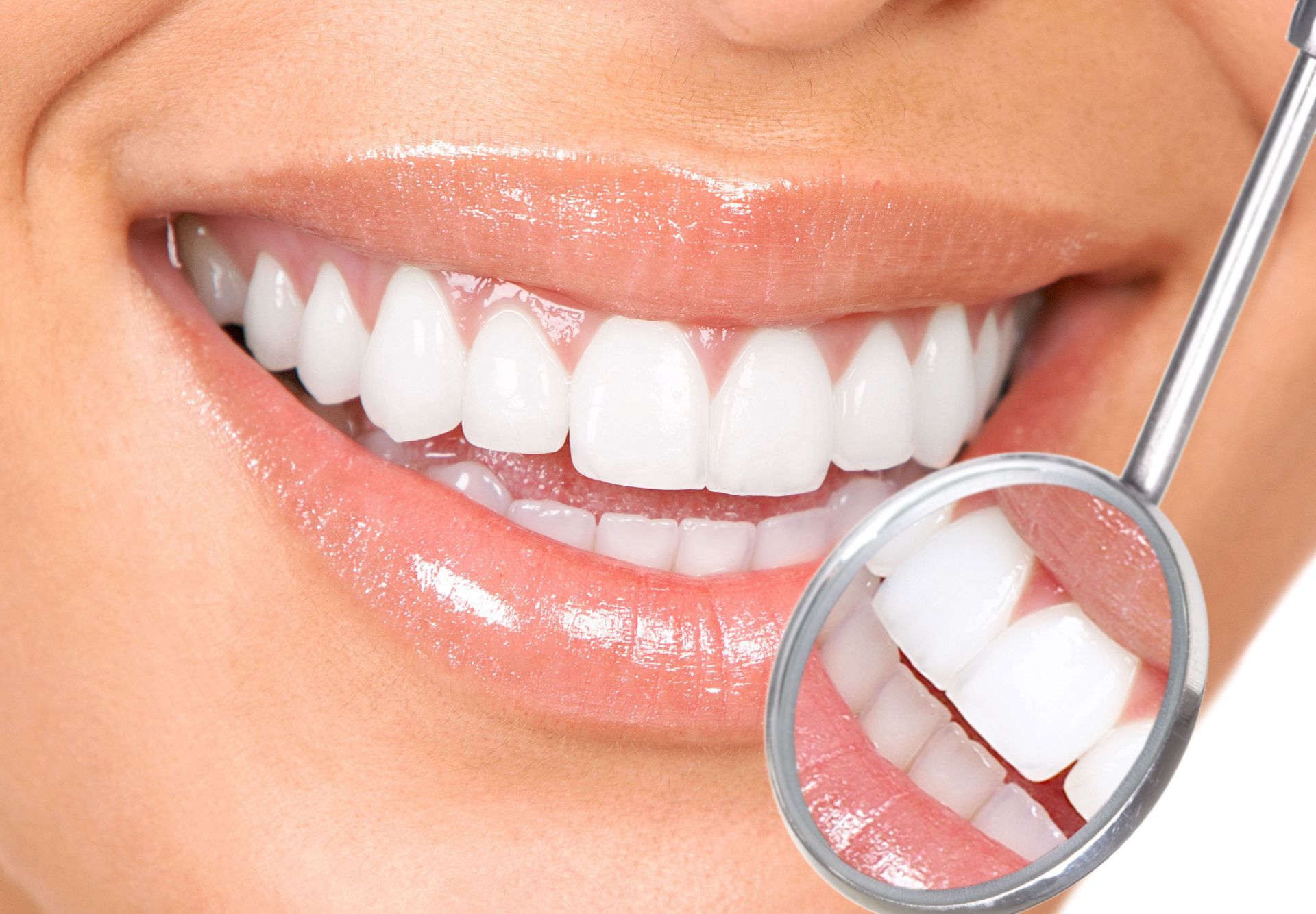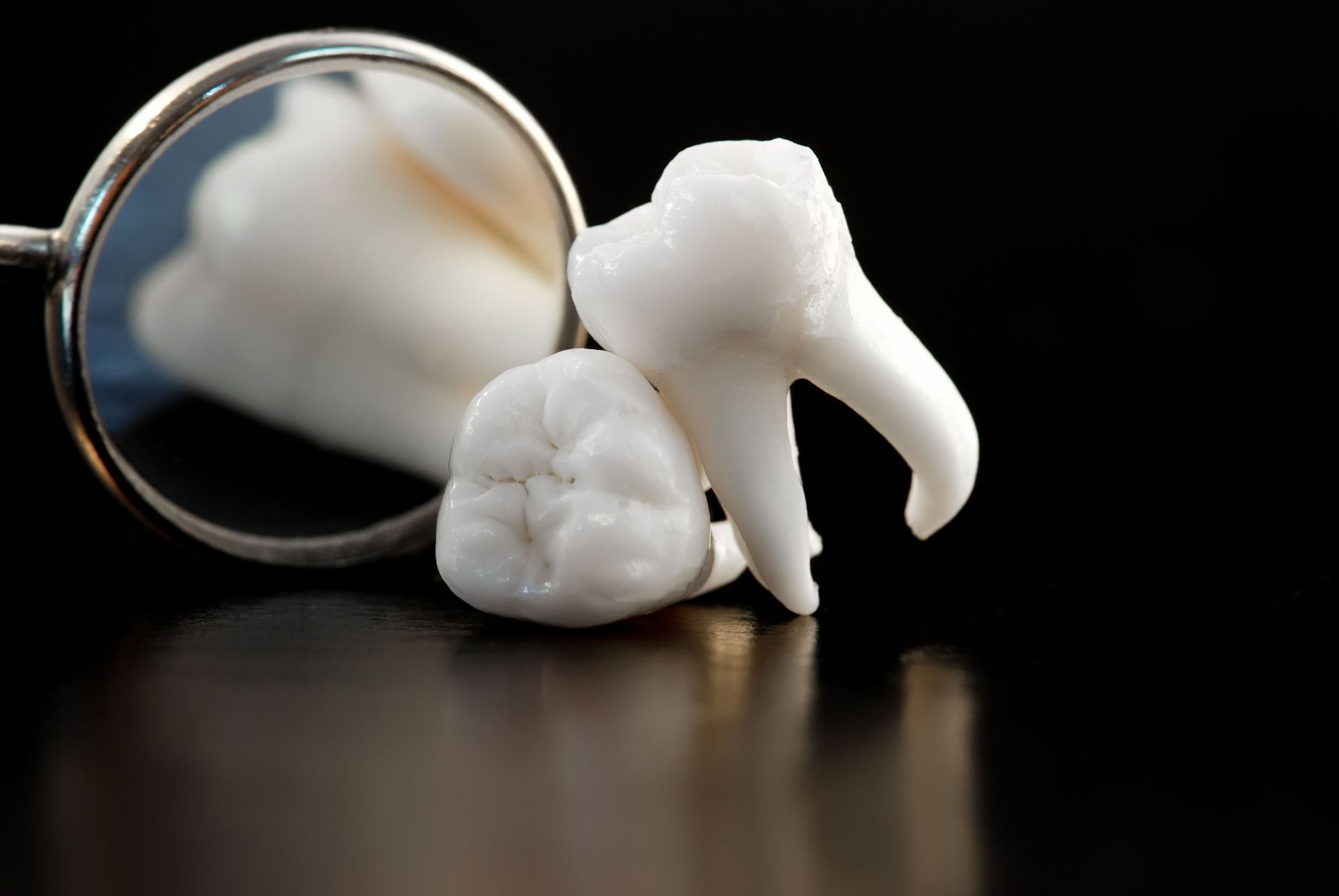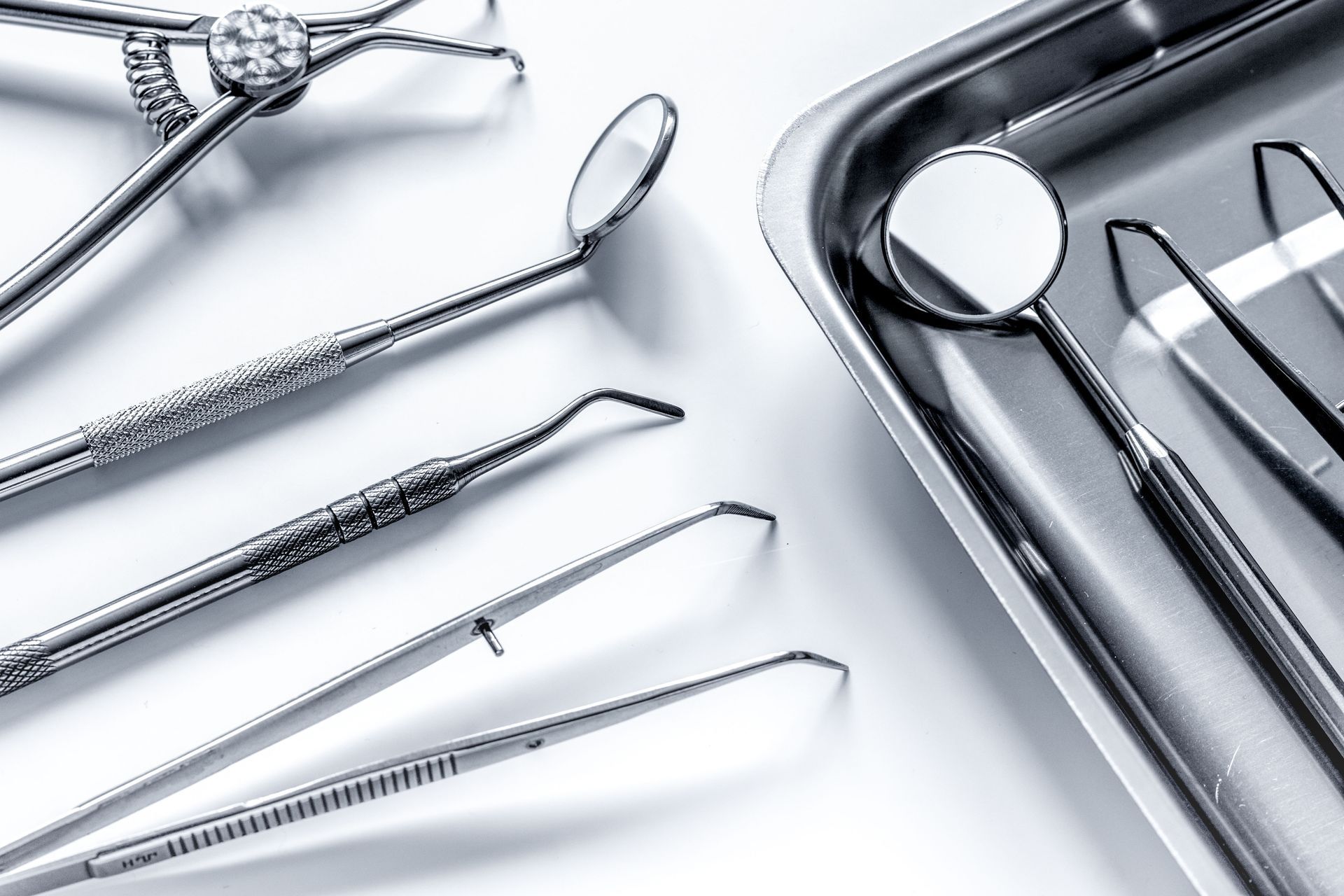6 Reasons Your Child Needs To Have Multiple Dental Visits
In the journey of a child's growth, ensuring their dental health is paramount. Regular dental visits are crucial not just for maintaining a healthy smile, but also for supporting their overall well-being. Oral health connects to nutrition, development, and even emotional confidence, which makes frequent check-ups an essential part of childhood care.
The American Academy of Pediatric Dentistry and the American Dental Association recommend that children have two dental visits per year beginning at age one. Following this guideline ensures that small issues are caught before they become major concerns. By maintaining consistency with appointments, parents can help children build lifelong habits that protect both their oral health and general wellness.
This article explores the most important reasons for scheduling multiple dental visits for your child. In this article, you'll learn how routine visits help with prevention, education, cost savings, and long-term health benefits.
1. Early Detection of Dental Issues
One of the clearest advantages of frequent dental visits is the ability to detect problems early. Cavities, tooth decay, and gum disease can start quietly without obvious pain. Local dentists are trained to recognize subtle changes and intervene before the situation worsens. Early detection avoids invasive treatments and gives your child the best chance at healthy development.
Beyond cavities, regular check-ups identify orthodontic issues like overbites or crowding. Addressing alignment problems early makes treatment easier, faster, and more effective. Additionally, monitoring tooth eruption patterns prevents complications like impacted teeth. When local dentists stay involved from the beginning, they can ensure that your child's smile develops naturally and healthily.
Parents who prioritize early detection provide their children with comfort and confidence, avoiding the stress of dental emergencies. Preventive care builds a solid foundation for a lifetime of better health.
2. Establishing Comfort With Dental Visits
Many adults admit to dental anxiety that began in childhood. Regular visits help prevent that pattern by building familiarity and comfort. When children see the same dental office regularly, they form positive associations with the staff and procedures. This transforms what could be a fearful experience into something routine and manageable.
Repeated visits also build trust. When children consistently meet with the same local dentists, they learn to see them as partners rather than strangers. This familiarity encourages cooperation and allows for open communication about oral health. Over time, the dentist's chair becomes a safe and supportive place rather than a source of fear.
Familiarity with dental care at an early age fosters lifelong confidence in healthcare settings. It also empowers children to take responsibility for their own hygiene habits, reinforcing the importance of self-care.
3. Reinforcing Good Oral Hygiene Practices
Children learn best through repetition and reinforcement. Dental visits provide professional instruction that parents may not always be able to deliver effectively at home. During these check-ups, dentists teach proper brushing and flossing techniques in ways children can understand.
Diet also plays a major role. Dentists discuss how sugary foods and acidic drinks affect teeth, helping kids connect lifestyle choices with oral health. Families leave with practical strategies for maintaining healthier diets and stronger teeth. For active children, dentists may recommend protective measures like mouthguards during sports.
Local dentists can tailor recommendations to each child's needs, creating a care plan that fits their age, habits, and risk factors. Over multiple visits, the consistent reinforcement of these lessons helps children develop healthy routines that last a lifetime.
Parents also play an important role here. When they accompany their child to appointments, they learn better ways to supervise daily care and support their child's efforts. Dental visits thus become a partnership between parents, children, and professionals.
4. Preventive Care and Treatment
Preventive care is at the core of pediatric dentistry. Professional cleanings remove plaque and tartar that at-home brushing cannot. These visits lower the risk of gum disease and cavities, keeping smiles bright and healthy.
Dentists often apply sealants to children's molars, creating a protective barrier against decay. Fluoride treatments strengthen enamel, reducing vulnerability to cavities. Both treatments are painless yet highly effective in protecting developing teeth.
Another preventive benefit is early orthodontic assessment. By evaluating bite and alignment at a young age, dentists can recommend interventions that save time, discomfort, and money later. Regular visits also address bad breath and other common concerns that could signal larger health issues.
Preventive care isn't just about the present—it sets children up for the future. A child who learns that the dentist is there to protect rather than to “fix problems” will grow up associating dental care with prevention, not pain. Parents who follow this approach can help their children avoid cycles of neglect and emergency care that often carry into adulthood.
5. Monitoring Overall Health Connections
Oral health is closely linked to overall health. Dentists can identify signs of systemic issues such as diabetes or nutritional deficiencies. Gum inflammation, unusual lesions, or slow healing can point to broader medical conditions that require attention.
Stress and behavioral health also appear in oral patterns. For example, teeth grinding may indicate anxiety, while poor hygiene habits could reflect broader developmental challenges. Local dentists often collaborate with pediatricians, creating a more complete view of a child's well-being.
Frequent dental visits act as an extra checkpoint for general health. By monitoring these connections, parents gain another layer of assurance that their child's overall development is on track.
6. Financial Benefits of Regular Visits
Some parents assume skipping visits saves money, but the opposite is true. Regular dental check-ups actually reduce costs by preventing expensive treatments later. Catching cavities early often means a simple filling instead of a crown or extraction.
Emergency dental care is not only costly but also stressful. Preventive visits minimize the risk of sudden, expensive procedures. Many insurance plans cover regular visits, making them a cost-effective way to maintain oral health. Families without insurance can still benefit, as many local dentists offer flexible payment plans or discounts for preventive care.
The financial impact of oral health extends beyond the dentist's office. Children who suffer from untreated dental issues often miss school due to pain, while parents may miss work to care for them. These absences have real financial consequences. Regular visits prevent these disruptions, keeping families healthier and more stable.
Over the long term, consistent visits protect both your child's health and your family's finances. Investing in preventive care pays off by avoiding larger bills and ensuring healthier outcomes.
Multiple dental visits each year are far more than a formality—they are essential to your child's growth and health. From early detection and preventive treatments to reinforcing good hygiene and monitoring overall wellness, these appointments create lifelong benefits. Regular visits also reduce financial strain by avoiding emergency procedures and unnecessary absences from school or work.
According to the American Academy of Pediatric Dentistry and the American Dental Association, it's recommended that children begin seeing the dentist by age one, with two visits each year. Following this guidance ensures your child receives the protection and education they deserve.
By partnering with trusted local dentists, parents can feel confident that their children are receiving the highest quality care. Call Ocean Atlantic Dental to schedule your child's next appointment today and take an important step toward safeguarding their health, confidence, and future. We'll be happy to answer any questions you may have about our dental services.











Share On: